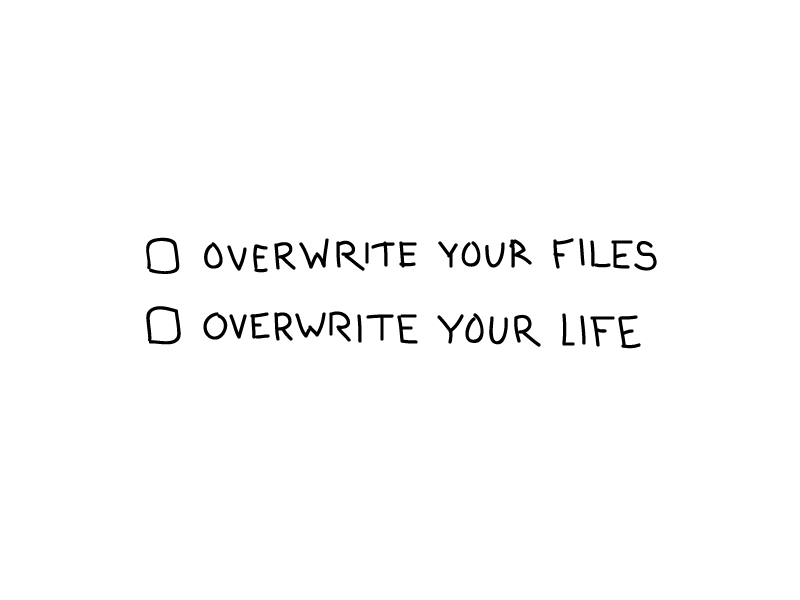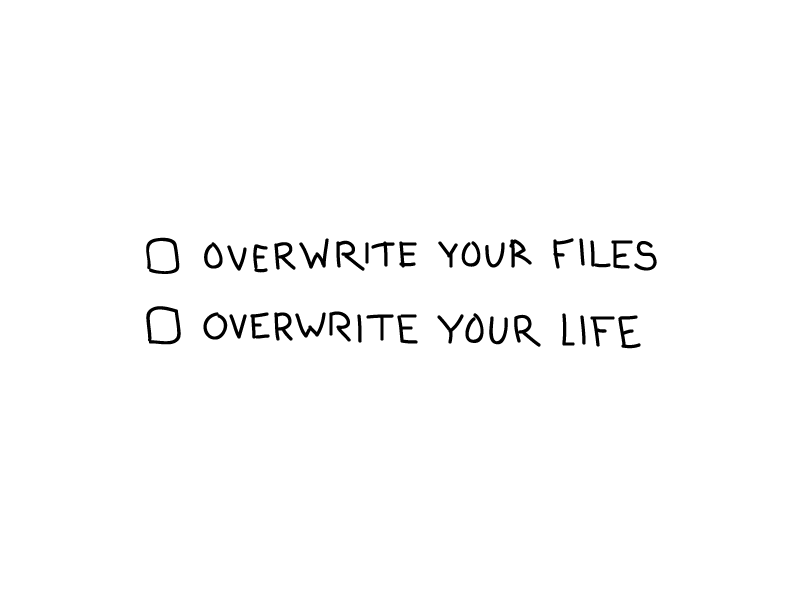Basically
Sorry! We’re late because we’re Canadian and thankful and it’s the holiday for that. I mean, we’re not thankful for anything that happened in this wretched week, but we’re thankful that it’s over we guess? And we’re thankful for you. Happy Canadian thanksgiving, the slightly-less-bad version, to all of you.
Verbatim
We still don’t get Popula’s blockchainy business model (we’re not sure they do either), but the magazine has been turning out some great stuff lately—we hope it sticks around. The piece everybody was sharing this week was Sarah Miller’s very fun essay about reviewing The English Patient, but if we were to feature that, you’d also need us giving a spirited defence of Michael Ondaatje. You don’t need that. Instead, we give you this dry-but-fascinating piece from Cam Scott on the weird new partnership between Spotify and Ancestry.com, and the problematic middleground of music and genetics. If we can agree that “world music” is still a horribly loaded term, he asks, whose playlist might Spotify say would need some Graceland in it, genetically speaking?
The Spotify and Ancestry partnership proposes to entertain users based on the narrowest possible conception of who they are. But the music we listen to and the art we consume already say much more about our cultural bearings than a genetic profile. This suggests corporate attempts at the inverse — to assign us places in the world based on our seemingly subjective choices and preferences. Of course, this process is already underway. But even a gimmicky partnership such as this shows how far this kind of program could extend. It’s surprising that this service is described as “DNA curation,” as though genetic code itself were responsible for the output. Big data, which construes people as only so many clusters of information, finds a natural basis in the ideology of genetic predetermination.

ThingsAt Undark, Deborah Blum takes an icky, nostalgic trip back to a time before pasteurization, when milk was kept fresh with formaldehyde and cream was faked with calf-brain puree. Mmmm. Warning, contains the following quote: “People could not be induced to eat brain sandwiches in [a] sufficient amount to use all the brains, and so a new market was devised.”
Whether or not it’s true, and the denials have been pretty strong, Bloomberg’s blockbuster story this week on the tiny Chinese microchips hidden inside servers at Amazon and Apple is supply chain spycraft at its most riveting.
Big Data is the newest Big, but Big Oil is still the biggest Big. As Google’s DeepMind division pushes new frontiers in the generation of realistic (at least at-a-glance) images, “a single one of Brock’s 512 pixel experiments could be using between 2,450 and 4,915 kilowatt hours. That’s the equivalent of the electricity that the average American household uses in just under six months.” If the industry as a whole weren’t strategically stunted by the paradox of plenty, imagine what more they could do to drive energy-intensive tech mania.
Speaking of big, the size of Facebook’s user base is often compared to the population of the largest nations in the world. And, as a global power, Facebook has diversified their executive offices to include not only wicked smart outsider nerds, but also dudes who are mad tight with the ruling class. That’s made things a bit awkward this week for Facebook’s global head of policy, who chose to support Kavanaugh at his hearing… in a personal capacity.
It’s not like Jim Balsillie, co-founder of Blackberry, has a stellar record of being on the ball when it comes to tech foresight, but we suppose he does know the value of IP. His evisceration of the relationship between Google’s Sidewalk Labs and Toronto’s “unelected, rogue” waterfront bureaucrats this week is essential reading, cutting right through the utopian hand-waveyness and flashy concept drawings to something more important hiding underneath the data-driven paving stones. Sure, Sidewalk has hired a bunch of smart-thinking dreamers on both sides of the equation, but in the end, this project—a prototype which Google hopes to use as a model for the rest of your cities, so pay attention—is a dumb transferral of the IP of the urban public sphere to the kind of private hands that most aggressively resist regulation. As he puts it: “Sidewalk Toronto is not a smart city. It is a colonizing experiment in surveillance capitalism attempting to bulldoze important urban, civic and political issues.” Just as essential is Saadia Muzaffar’s letter of resignation from the project’s advisory board, which tells the same frustrating story from inside the room.
We’d love to think Tim Berners-Lee could come back and save us from all of this, but his latest plan to return the web to his original vision of a democratic, read-write platform we all collectively own, but here’s the problem: Berners-Lee’s Solid, and initiatives like it, continue to misidentify the tech-platform-driven problems of our current society as a solvable engineering issue, as though the web and its impacts were still contained within screens, and everything that’s awful right now just needs better code underneath.
Don’t get us wrong, decentralizing data storage, authentication and ownership is a lovely and technically elegant goal, but we don’t get to a functional democracy by simply putting editing tools in more hands: when Wikipedia moderators reject a page for a female scientist who, six months later wins the Nobel, leaving the only mention of her in a substantial article about her male colleague, we can’t help but hope for more than a nice version 2.0 software rewrite.
To save the news business, diversify into consumer reports… for services… financial services! And move away from paying subscribers to advertisements… no—e-commerce… no—affiliate links… to your own creditors… and your largest competitor! Whoa, I think we just innovated. For real though, I haven’t bought anything new without The Wirecutter for years. This is smart and I love them and wish them the best.
All the trigger warnings before you click this one, but the published collection of responses to Jian Ghomeshi’s ‘Reflections from a Hashtag’ in the New York Review of Books are essential reading — collectively powerful, scathing, sometimes hilarious in their vitriol, sometimes nearly unreadable in their unflinching candour. At the least, on his way out the door Ian Buruma certainly provoked a bunch of us Canadians to be a little more forthright than we’re used to. But maybe Robert Silverman’s one-line letter will do the job for here:
Shame on you. Printing letters on your actions in your next issue does not absolve you.
The Oxford English Dictionary adds over 100 new film terms to its lexicon. Finally you can say “Herzogian” with impunity, I guess?
Fascinating type experiment from the School of Design and the Behavioural Business Lab at RMIT in Melbourne. The brilliantly named “Sans Forgetica” introduces noise into the reading experience – a “desirable difficulty” which, the researchers say, noticeably improves reading retention. The font, which appears unreadable at first glance, appears to be a serious experiment – Stephen Banham is no slouch as a typographer – so maybe let us know if you want us to set BS in this, like, every week in the future? Science says it’ll make you smarter.
Spiritual truths mined from the Internet…



If we wrote “tell your friends to subscribe” in Sans Forgetica, would it help?





